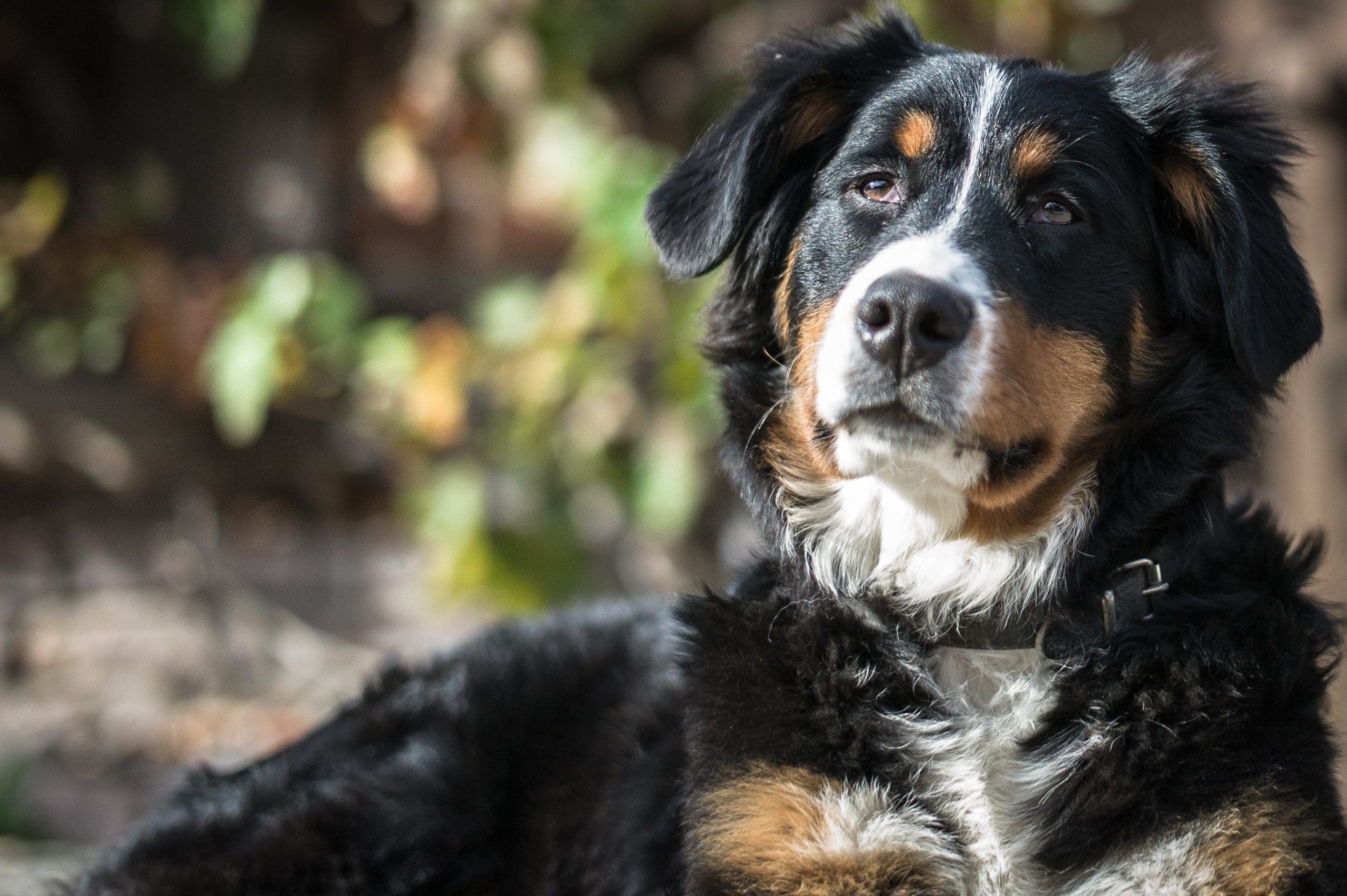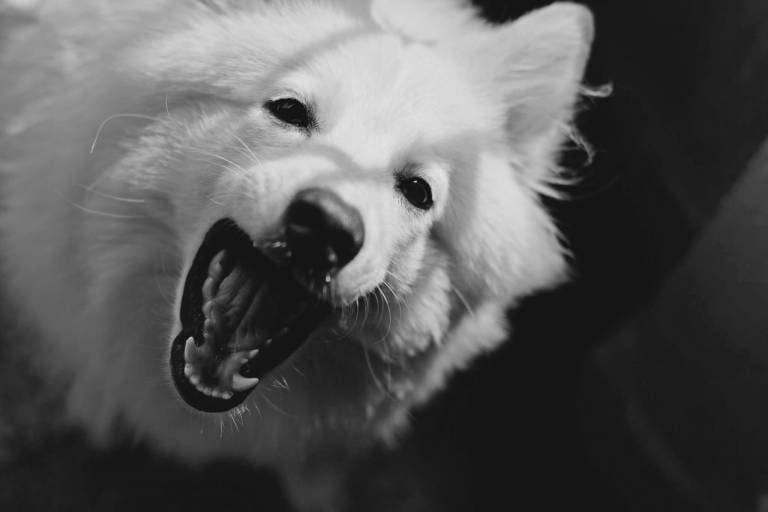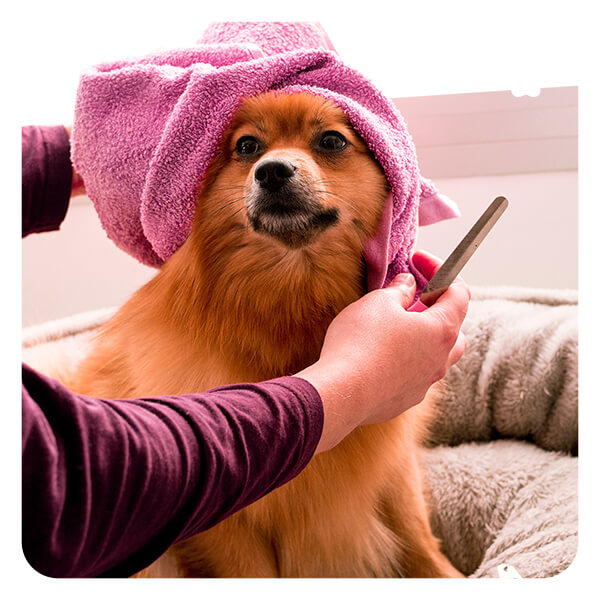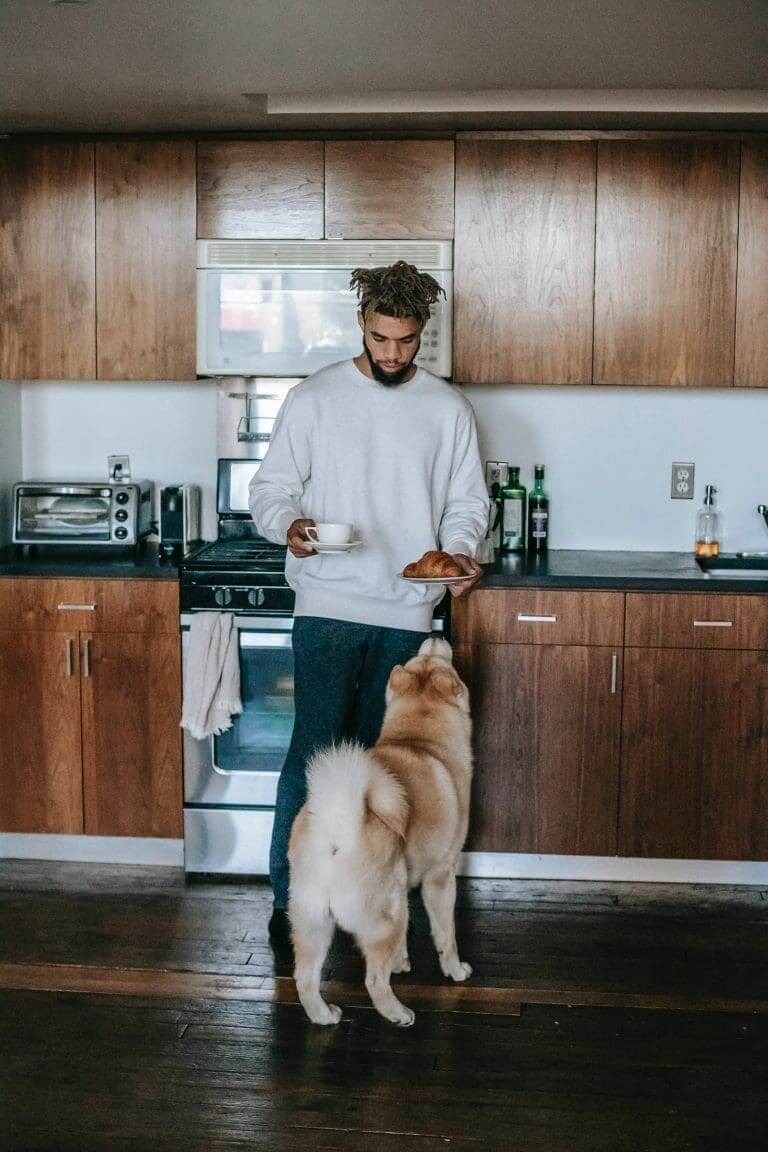Will My Dog Think I Abandoned Him When I Go On Vacation?
Post Date:
December 10, 2024
(Date Last Modified: November 13, 2025)
Many dog guardians worry about how their pets will react when they leave for a trip, and the dog’s response depends on cognition, past experience, and caregiving arrangements. The following sections explain how dogs perceive separations, how to reduce stress, and how to choose and coordinate care so the dog’s welfare is maintained.
How Dogs Perceive Separation
Dogs form social bonds with people through repeated interactions and predictable routines; in experimental attachment tests adapted from human protocols, researchers commonly use short separations of about 3 minutes to evaluate secure versus insecure attachment behavior[1].
Those controlled tests typically include 2–3 brief episodes of separation and reunion per session to capture consistent patterns of proximity-seeking or avoidance[1]. Dogs do not reason about abandonment in the same abstract way humans do; instead they register contextual cues (keys, coats, footsteps) and emotional states that predict whether a person will return.
Dogs’ sense of time is less like a human clock and more tied to circadian cues and interval timing; experimental literature documents that domestic dogs can discriminate intervals on the scale of minutes to hours in controlled tasks[1].
Separation Anxiety vs Normal Stress
Clinical separation anxiety is a diagnosable behavioral disorder that some surveys and clinical series estimate affects roughly 10–20 percent of companion dogs, depending on the population and diagnostic criteria used[2].
Common behavioral signs associated with pathological separation anxiety include prolonged vocalization, destruction of property, and inappropriate elimination when left alone, and many veterinary behaviorists treat clusters of these signs as clinically significant[3].
By contrast, short-term stress reactions such as brief pacing, temporary clinginess, or a one-time accident on the floor are often situational and self-limited rather than diagnostic of a chronic problem[3]. Severity, frequency, and the degree to which the behavior affects the dog’s welfare and the household’s functioning are the core criteria clinicians use to distinguish normal stress from disorder.
Key Factors That Influence a Dog’s Reaction
Age and developmental stage matter: puppies and adolescent dogs are more likely to show separation-related problems during the first 6 months after acquisition or major household changes[2].
Temperament and breed tendencies influence risk, with highly social, people-oriented breeds sometimes showing stronger distress when routine attachment cues are removed[3].
Past trauma such as abandonment, multiple rehomings, or a history of unpredictable departures raises the probability that a dog will generalize absence into chronic stress; reliable, consistent caregiving and gradual exposure reduce that risk over time[2].
Short Trips vs Extended Absences
Duration and predictability shape expectation: absences under 24 hours are usually easier for most dogs to accept than repeated or prolonged absences of several days, which can create a pattern of stress and confusion[4].
When owners depart on repeated short trips without systematic desensitization, the dog may escalate stress responses over multiple episodes rather than habituate, especially if departures are associated with high-arousal cues such as loud suitcases or frantic goodbyes[4].
Typical adjustment timelines vary: many dogs show transient increases in arousal that subside within 24–72 hours after a predictable change, while prolonged disruptions over more than a week may require behavioral intervention to restore baseline functioning[4].
How to Prepare Your Dog Before You Leave
Gradual desensitization and counterconditioning reduce the likelihood that departures become salient emotional triggers; begin by practicing very short absences and slowly extend them so the dog learns to tolerate alone time.
- Start with departures of 30–60 seconds, then increase slowly while rewarding calm behavior, and avoid emotional farewells that raise arousal.
- Provide 20–30 minutes of physical exercise or structured play before planned departures to reduce excess energy and promote calm rest[3].
- Leave familiar items that carry the owner’s scent and provide puzzle feeders or long-lasting chews to encourage independent activity.
Crate training can be helpful when used as a positive, voluntary space; short, repeated sessions of 5–10 minutes, building to longer comfortable periods, are the recommended approach for gradual crate tolerance[5].
Choosing the Best Care Option
Care options differ in emotional continuity and practical logistics; the choice should match the dog’s temperament, health needs, and social preferences. Below is a concise comparison of typical options and when they tend to be most appropriate.
| Care Option | Common duration | Best for | Notes |
|---|---|---|---|
| In-home sitter | Under 24–72 hours[4] | Dogs needing routine continuity | Maintains environment and cues |
| Family or friend | Any duration but often 1–14 days[4] | Dogs that bond quickly with familiar people | Cost-effective; vetting still recommended |
| Boarding facility | Over 24 hours to multiple weeks[4] | Dogs comfortable with other dogs and busy settings | Check staff training and enrichment routines |
Vetting caregivers centrally involves checking references, emergency protocols, and medical competencies; reputable professional organizations recommend written care plans and clear permission for veterinary care if needed[4].
What Caregivers Should Do to Reduce Stress
Caregivers should replicate the dog’s normal routine as closely as possible, including feeding schedule, walk times, and sleep patterns to minimize disruption to circadian cues and expectations[3].
Maintain enrichment: provide puzzle feeders, 10–20 minutes of supervised interactive play several times per day, and scheduled quiet periods to promote predictable rest[5].
Use calm handling and positive reinforcement to build trust; avoid punishment for stress signaling, and document any behavioral changes so the owner and veterinarian can review them on return[4].
For medically fragile dogs, caregivers should follow written medication plans precisely and note that typical maintenance fluid requirements for sick or hospitalized dogs are often expressed as roughly 60 mL/kg/day in veterinary guidance when clinical fluids are indicated[2].
Reuniting After Vacation: What to Expect and How to Reintroduce
Reunions can provoke strong reactions; many dogs show pronounced excitement at first and then settle over a period of 1–2 hours as the environment normalizes[6].
Avoid high-energy, prolonged greetings that reinforce frantic arousal; instead, calmly greet the dog, allow a brief affectionate period, then re-establish the usual routine such as a walk or meal to reinforce predictability[5].
If the dog displays regression—increased clinginess, new housesoiling, or avoidance—follow-up desensitization and a brief reinforcement of independent behaviors will help re-establish boundaries without punishment[5].
Signs of Lasting Effects and When to Act
Watch for persistent behavioral changes lasting more than 2–4 weeks after return, such as continuous pacing, self-injury, prolonged refusal to eat, or ongoing destructive behavior, which suggest a need for professional evaluation[4].
Veterinarians or veterinary behaviorists can assess for medical contributors and may recommend behavior modification plans, environmental management, or medication as part of a multimodal approach when severe symptoms persist[2].
Immediate steps for concerning signs include restricting unsupervised access to high-risk areas, increasing structured enrichment, and contacting a licensed professional for triage rather than relying on punishment-based corrections[3].
Long-Term Strategies to Build Independence and Resilience
Develop regular alone-time practice by scheduling short absences several times weekly so the dog learns that departures are temporary and predictable; consistent practice over weeks builds tolerance better than sporadic exposure[5].
Teach independent behaviors such as comfortable crate use or a dedicated resting mat, and reinforce calm, settled behavior with low-key rewards; repetition over days and weeks is the core of durable behavior change[3].
Ongoing socialization with people and nonthreatening dogs, structured enrichment that occupies the dog during alone periods, and predictable daily schedules are preventive components that reduce the chance future absences trigger severe stress[2].
Sources
- ncbi.nlm.nih.gov — primary literature and reviews on canine attachment testing.
- merckvetmanual.com — clinical guidance on separation-related behaviors and fluid requirements.
- aaha.org — behavior and exercise recommendations from veterinary hospitals and clinicians.
- avma.org — guidance on pet care options, boarding, and caregiver vetting.
- wsava.org — international companion animal guidelines on behavior management and reintroduction.
- vcahospitals.com — practical guidance on reunion behaviors and short-term post-trip expectations.






